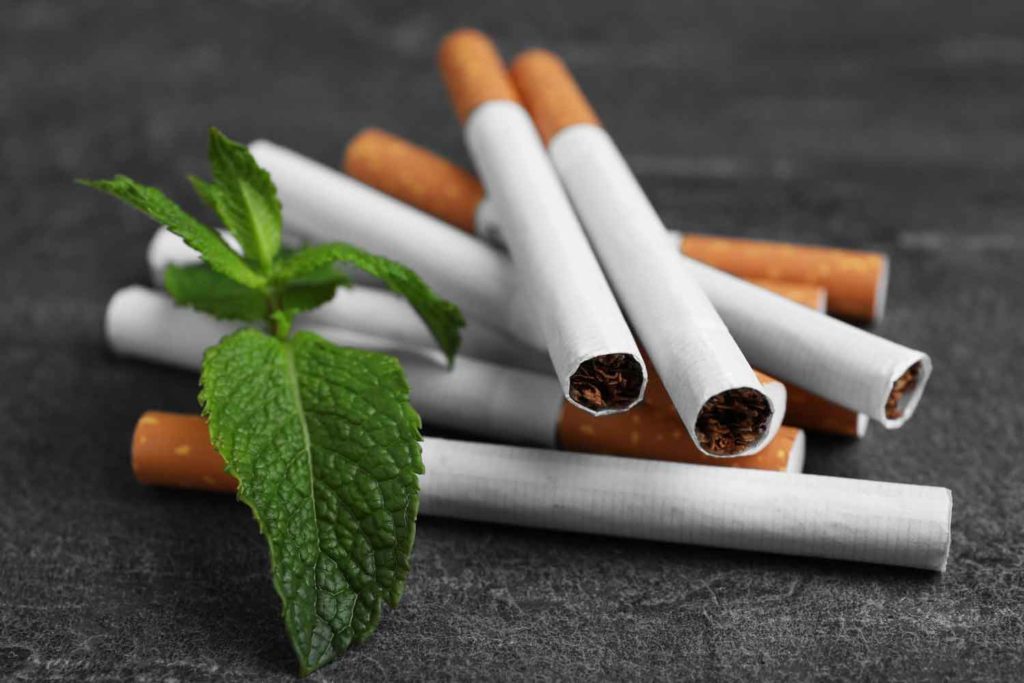Study: Menthol Ban Could Increase Lung Cancer Rates
- Featured Flavors News This Week
- April 22, 2022
- 0
- 2 minutes read


Banning the sales of menthol cigarettes will likely have unintended consequences, according to a study by researchers from Vanderbilt University Medical Center published April 21 in the Journal of the National Cancer Institute .
The U.S. Food and Drug Administration plans to issue proposed rules this spring that would prohibit menthol cigarettes. The measure is intended in part to address a health disparity since a significantly larger percentage of African Americans than whites smoke menthol cigarettes and African American men have higher lung cancer incidence and death rates from the disease.
According to the FDA, nearly 85 percent of all non-Hispanic Black smokers smoke menthol cigarettes, compared to 30 percent of non-Hispanic white smokers. The agency also believes that menthol-flavored cigarettes can be more addictive than non-menthol cigarettes and harder to quit.
However, the study by the Vanderbilt researchers revealed similar quit rates among menthol and non-menthol smokers overall and no statistically significant difference between white and African American participants.
The researchers tracked 16,425 smokers who entered the study between 2002 and 2009 and completed a follow-up survey between 2008-2012, 2012-2015 and 2015-2017. The average annual quit rate from those surveys was 4.3 percent for menthol smokers and 4.5 percent for non-menthol smokers.
Prior research by this Vanderbilt research group has shown that non-menthol smokers are at higher risk for lung cancer. They also cited research from Canada, where menthol-flavored cigarettes are banned, which revealed that most menthol smokers tend to switch to non-menthol brands rather than quit.
“If the existing epidemiologic data showing lower risk of lung cancer among menthol than non-menthol smokers hold generally, then in the long-term if high percentages of menthol smokers switch to non-menthols, the ban could have the unintended consequence of a net increase rather than decrease in risk, at least for lung cancer,” the researchers noted in the study.